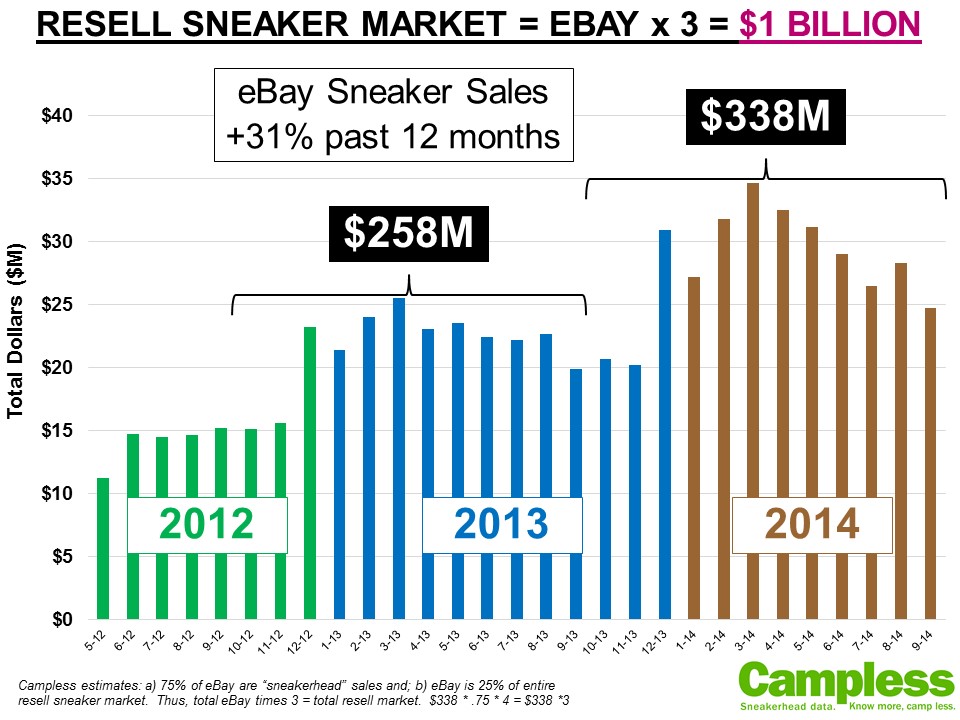FTC V. Meta: A Deep Dive Into The Antitrust Case

Table of Contents
Antitrust laws are designed to prevent monopolies and promote fair competition. They aim to ensure a level playing field, preventing powerful companies from stifling innovation and harming consumers through anti-competitive practices. The FTC v. Meta case centers on whether Meta's acquisitions of Instagram and WhatsApp violated these crucial antitrust laws. This article will explore the arguments of both sides, the legal precedents involved, and the potential ramifications for the tech industry and consumers.
The FTC's Allegations Against Meta: A Monopoly in the Making?
The FTC's antitrust lawsuit against Meta alleges that the company engaged in a series of anti-competitive acquisitions to maintain its monopoly power in the social networking market. Their core claim revolves around the assertion that Meta's purchases of Instagram and WhatsApp were not about innovation or expansion into new markets, but rather about neutralizing potential competitors and cementing its dominance.
- Illegal Acquisitions: The FTC argues that Meta acquired Instagram and WhatsApp, two burgeoning social media platforms, to eliminate threats to its core Facebook platform. They claim these acquisitions were not made in good faith but rather to prevent competitive threats.
- Monopoly Power: The FTC alleges that Meta used its existing market power to stifle competition, leveraging its immense resources and influence to acquire potential rivals before they could challenge its dominance. This constitutes the core of their antitrust lawsuit.
- Evidence Presented: The FTC’s evidence includes internal Meta communications, financial documents, and expert testimony suggesting Meta’s acquisition strategy was purposefully anti-competitive.
Meta's Defense Strategy: Competition and Innovation
Meta vehemently denies the FTC's allegations, asserting that its acquisitions of Instagram and WhatsApp were pro-competitive and beneficial for consumers. Their defense strategy hinges on the following arguments:
- Consumer Benefit: Meta contends that the acquisitions benefited consumers by integrating innovative features and services across its platforms, leading to a more seamless and enriched user experience.
- Market Definition: Meta challenges the FTC's definition of the relevant market, arguing that the social networking market is far more dynamic and competitive than the FTC suggests. They argue that numerous other platforms compete successfully.
- Expert Testimony: Meta has presented expert testimony and data to support its claims, attempting to demonstrate that its market share is not indicative of monopolistic power and that it fosters healthy competition.
Key Legal Arguments and Precedents: Setting a Precedent
This case hinges on interpreting Section 2 of the Sherman Act, which prohibits monopolization. Both sides are referencing various legal precedents and case law to support their arguments. Key legal issues include:
- Section 2 Sherman Act: The core of the legal battle lies in whether Meta’s actions violate Section 2’s prohibition against monopolization or attempts to monopolize.
- Merger Enforcement: This case will shape future merger enforcement in the tech industry, setting precedent for how regulators will assess the competitive impact of acquisitions by large technology companies.
- Antitrust Remedies: Potential remedies include divestiture—forcing Meta to sell Instagram and/or WhatsApp—or imposing structural changes to its operations. The Microsoft antitrust case serves as a relevant precedent to consider potential outcomes.
Implications for the Tech Industry and Consumers: A Ripple Effect
The FTC v. Meta case has far-reaching implications, extending beyond the immediate parties involved:
- Tech Regulation: The outcome will significantly influence future tech regulation and the approach regulators take towards mergers and acquisitions in the digital marketplace. This could lead to stricter scrutiny of tech company acquisitions.
- Digital Markets: This case will impact the competitive landscape of digital markets, potentially leading to increased regulation to prevent monopolistic practices in other tech sectors.
- Innovation: The case raises questions about how antitrust enforcement should balance protecting competition with fostering innovation. A ruling against Meta could chill innovation by discouraging mergers and acquisitions. The impact on consumers will be substantial. Increased prices, less choice, and a slowdown in innovation are all possibilities.
Conclusion: The Future of the FTC v. Meta Antitrust Case and Beyond
The FTC v. Meta case is a landmark legal battle with profound consequences for the future of the tech industry and consumers. The outcome will determine the standard for merger enforcement in the digital age and shape the competitive dynamics of the tech sector for years to come. Understanding the core arguments, legal precedents, and potential implications is crucial. To stay informed about the ongoing FTC v. Meta antitrust case and its implications for the future of tech regulation, follow the developments closely, understand the intricacies of antitrust laws, and stay informed about the evolving landscape of tech regulation. The FTC v. Meta case is a pivotal moment, and understanding its implications is crucial for understanding the future of the tech industry.

Featured Posts
-
 Orf Eurovision 2024 Andi Knoll Wieder Als Kommentator Bestaetigt
May 14, 2025
Orf Eurovision 2024 Andi Knoll Wieder Als Kommentator Bestaetigt
May 14, 2025 -
 Swiss Sneaker Firm Stock Soars On Global Sales Growth
May 14, 2025
Swiss Sneaker Firm Stock Soars On Global Sales Growth
May 14, 2025 -
 Championship Starlet Manchester Uniteds Intense Pursuit And Transfer Challenges
May 14, 2025
Championship Starlet Manchester Uniteds Intense Pursuit And Transfer Challenges
May 14, 2025 -
 Data Sovereignty And Cultural Preservation The Work Of Indigenous Scientists
May 14, 2025
Data Sovereignty And Cultural Preservation The Work Of Indigenous Scientists
May 14, 2025 -
 Tommy Fury Spills The Beans Molly Mae Hague Fans Intrigued
May 14, 2025
Tommy Fury Spills The Beans Molly Mae Hague Fans Intrigued
May 14, 2025
Latest Posts
-
 Bad Gottleuba Berggiesshuebel Ermittlungen Nach Toedlichem Wohnungsbrand
May 14, 2025
Bad Gottleuba Berggiesshuebel Ermittlungen Nach Toedlichem Wohnungsbrand
May 14, 2025 -
 Wohnungsbrand Mit Todesopfern In Bad Gottleuba Berggiesshuebel
May 14, 2025
Wohnungsbrand Mit Todesopfern In Bad Gottleuba Berggiesshuebel
May 14, 2025 -
 Leichenfund Nach Wohnungsbrand In Bad Gottleuba Berggiesshuebel
May 14, 2025
Leichenfund Nach Wohnungsbrand In Bad Gottleuba Berggiesshuebel
May 14, 2025 -
 Tragoedie In Bad Gottleuba Berggiesshuebel Brandopfer Gefunden
May 14, 2025
Tragoedie In Bad Gottleuba Berggiesshuebel Brandopfer Gefunden
May 14, 2025 -
 Federerov Povratak Inspiratsi A Za Novu Generatsi U Tenisera
May 14, 2025
Federerov Povratak Inspiratsi A Za Novu Generatsi U Tenisera
May 14, 2025
